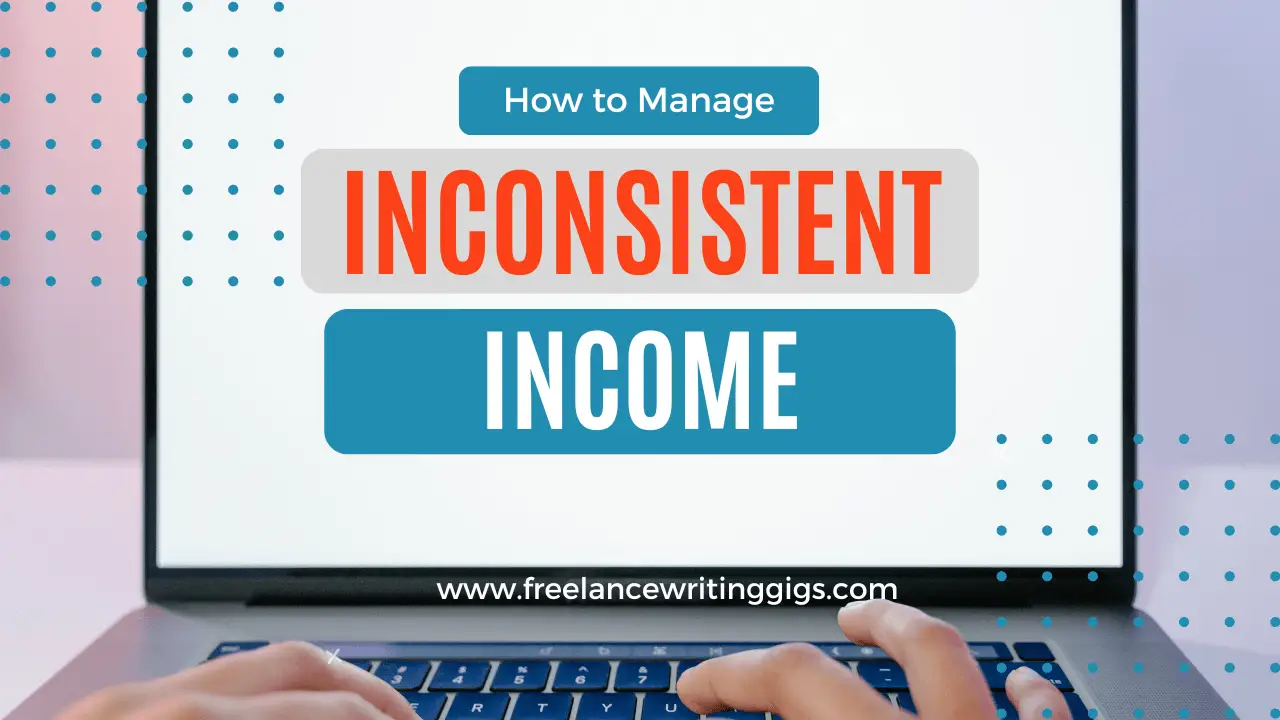I experienced the motherhood penalty. But parenthood made me a better leader
At eight months pregnant with my first child, I walked into my boss’s office, ready for a pivotal meeting. I had spent months designing a new crisis management program for our university—one that would improve student outcomes and reduce institutional risk. This was the moment I’d learn whether my work would be implemented. I had poured everything into this project. It reflected my expertise, positioned the university at the forefront of best practices, and—for me personally—offered the challenge and recognition I craved. My current role felt stagnant, and this opportunity was exactly what I needed. My boss was thrilled with my proposal and agreed I was the right person to lead it. Then, she hesitated. “But,” she said, “you may not want it.” I was stunned. Of course, I wanted it. It was a promotion I had essentially built for myself. But she smiled and, with what she saw as kindness, said, “Once the baby comes, you may find that you’re less interested in work. You might be less . . . ambitious. You’re going to find that you’re a different person.” I assured her I wanted the role, and the promotion was official. But her words cast a shadow over the good news. Less ambitious? Change my identity? What kind of sexist nonsense was that? I knew exactly who I was, and I wasn’t about to prove her right. When motherhood becomes a career liability I hadn’t even given birth, yet I was already experiencing the motherhood penalty—a term that refers to the economic and career disadvantages that mothers often face in the workplace compared to their childless counterparts and fathers. Sociologists have long studied this phenomenon and have found that, to compensate, working mothers often feel pressured to downplay their parental responsibilities to be taken seriously at work. When I returned to work after maternity leave, I found myself doing exactly this. I shared my parenting experiences with only a small group of trusted colleagues, wary of confirming anyone’s biases. My boss’s words still echoed in my head. Even in an institution more supportive of working parents than most, I didn’t want anyone to doubt my dedication. The COVID-19 pandemic briefly shattered this illusion. When kids interrupted Zoom meetings asking for help with virtual school, hiding our parental roles became impossible. But now many of us feel pressure to return to the pre-pandemic norms of keeping motherhood in the background. The unspoken expectation remains: Be present as a professional first, a parent second. Of course, the pressure to separate our professional and personal identities comes at a steep cost. When employees feel they can’t be authentic at work, they disengage, burn out, or leave. This isn’t just a loss for individuals—it’s a loss for organizations that miss out on the creativity, resilience, and leadership working parents bring to the table. Bridging the gap Ironically, my boss was right—but not in the way she expected. After having my son, I did change. I returned to work with a broader perspective, increased flexibility in my thinking, and with a deeper well of empathy. And these changes made me a different kind of professional—they made me better. Parenthood forces us to develop skills that translate directly into leadership: patience, conflict resolution, adaptability, and emotional intelligence. It forces us to prioritize, make decisions under pressure, and manage competing demands. These skills and perspectives are deeply needed in today’s workplaces. We need to stop pretending that work and parenting exist in opposition. The more we integrate these identities, the stronger we become—as professionals, as leaders, and as humans—and the stronger our organizations become. It’s time to rewrite the narrative. Parenthood deepens our capacity for leadership, strengthens our problem-solving skills, and fuels our drive to create a better world for the next generation. The real challenge isn’t whether working parents can stay committed to their careers—it’s whether workplaces can evolve to recognize the full value they bring. So instead of downplaying our role as parents, what if we embraced it as an asset? What if we stopped proving our worth by pretending caregiving doesn’t exist, and instead reshaped professional culture to reflect the reality that so many of us live? The more openly we integrate our identities, the more we create space for others to do the same. I didn’t lose my ambition when I became a mother. If anything, it sharpened. The question isn’t whether we change after parenthood—it’s whether we allow those changes to make us stronger. And whether the workplace is ready to keep up.

At eight months pregnant with my first child, I walked into my boss’s office, ready for a pivotal meeting. I had spent months designing a new crisis management program for our university—one that would improve student outcomes and reduce institutional risk. This was the moment I’d learn whether my work would be implemented.
I had poured everything into this project. It reflected my expertise, positioned the university at the forefront of best practices, and—for me personally—offered the challenge and recognition I craved. My current role felt stagnant, and this opportunity was exactly what I needed.
My boss was thrilled with my proposal and agreed I was the right person to lead it. Then, she hesitated. “But,” she said, “you may not want it.”
I was stunned.
Of course, I wanted it. It was a promotion I had essentially built for myself. But she smiled and, with what she saw as kindness, said, “Once the baby comes, you may find that you’re less interested in work. You might be less . . . ambitious. You’re going to find that you’re a different person.”
I assured her I wanted the role, and the promotion was official. But her words cast a shadow over the good news. Less ambitious? Change my identity? What kind of sexist nonsense was that? I knew exactly who I was, and I wasn’t about to prove her right.
When motherhood becomes a career liability
I hadn’t even given birth, yet I was already experiencing the motherhood penalty—a term that refers to the economic and career disadvantages that mothers often face in the workplace compared to their childless counterparts and fathers. Sociologists have long studied this phenomenon and have found that, to compensate, working mothers often feel pressured to downplay their parental responsibilities to be taken seriously at work.
When I returned to work after maternity leave, I found myself doing exactly this. I shared my parenting experiences with only a small group of trusted colleagues, wary of confirming anyone’s biases. My boss’s words still echoed in my head. Even in an institution more supportive of working parents than most, I didn’t want anyone to doubt my dedication.
The COVID-19 pandemic briefly shattered this illusion. When kids interrupted Zoom meetings asking for help with virtual school, hiding our parental roles became impossible. But now many of us feel pressure to return to the pre-pandemic norms of keeping motherhood in the background. The unspoken expectation remains: Be present as a professional first, a parent second.
Of course, the pressure to separate our professional and personal identities comes at a steep cost. When employees feel they can’t be authentic at work, they disengage, burn out, or leave. This isn’t just a loss for individuals—it’s a loss for organizations that miss out on the creativity, resilience, and leadership working parents bring to the table.
Bridging the gap
Ironically, my boss was right—but not in the way she expected. After having my son, I did change. I returned to work with a broader perspective, increased flexibility in my thinking, and with a deeper well of empathy. And these changes made me a different kind of professional—they made me better.
Parenthood forces us to develop skills that translate directly into leadership: patience, conflict resolution, adaptability, and emotional intelligence. It forces us to prioritize, make decisions under pressure, and manage competing demands. These skills and perspectives are deeply needed in today’s workplaces.
We need to stop pretending that work and parenting exist in opposition. The more we integrate these identities, the stronger we become—as professionals, as leaders, and as humans—and the stronger our organizations become.
It’s time to rewrite the narrative. Parenthood deepens our capacity for leadership, strengthens our problem-solving skills, and fuels our drive to create a better world for the next generation. The real challenge isn’t whether working parents can stay committed to their careers—it’s whether workplaces can evolve to recognize the full value they bring.
So instead of downplaying our role as parents, what if we embraced it as an asset? What if we stopped proving our worth by pretending caregiving doesn’t exist, and instead reshaped professional culture to reflect the reality that so many of us live? The more openly we integrate our identities, the more we create space for others to do the same.
I didn’t lose my ambition when I became a mother. If anything, it sharpened. The question isn’t whether we change after parenthood—it’s whether we allow those changes to make us stronger. And whether the workplace is ready to keep up.





















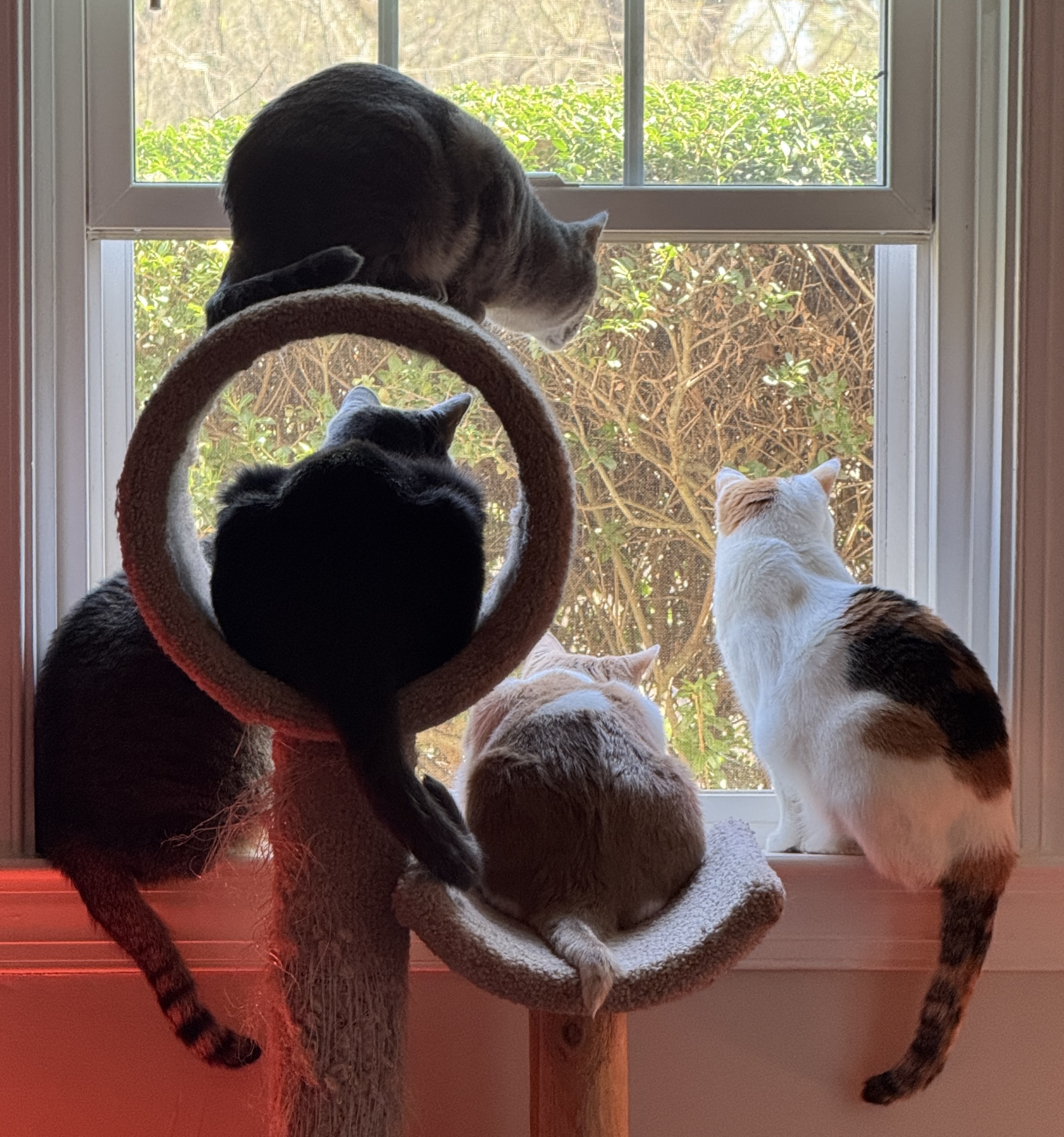

















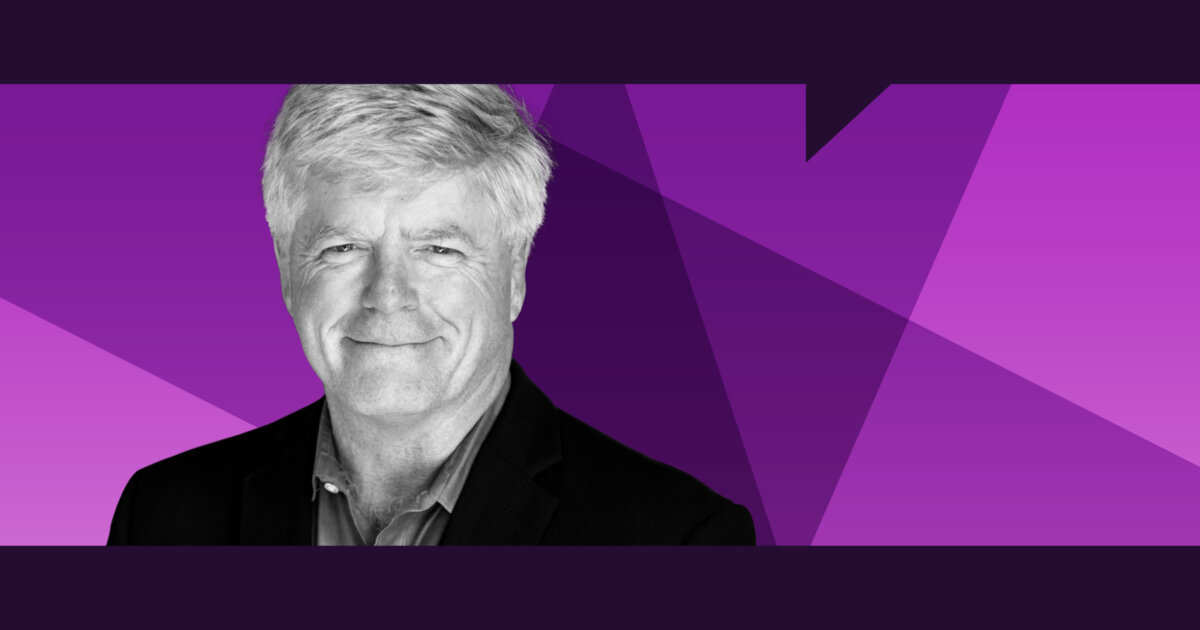

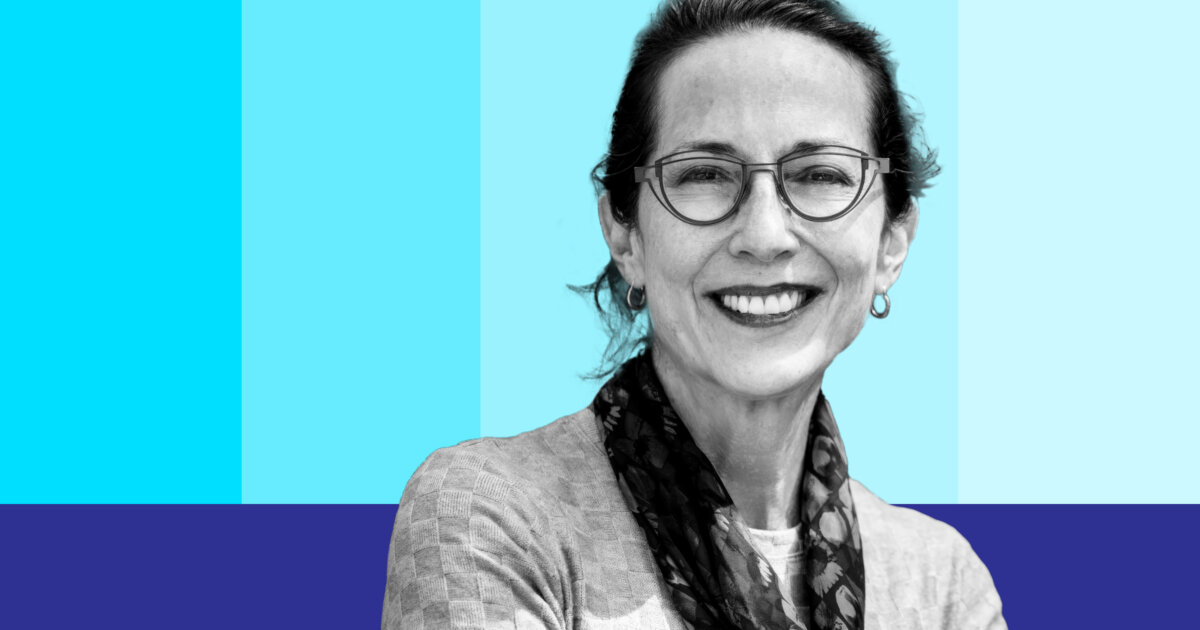
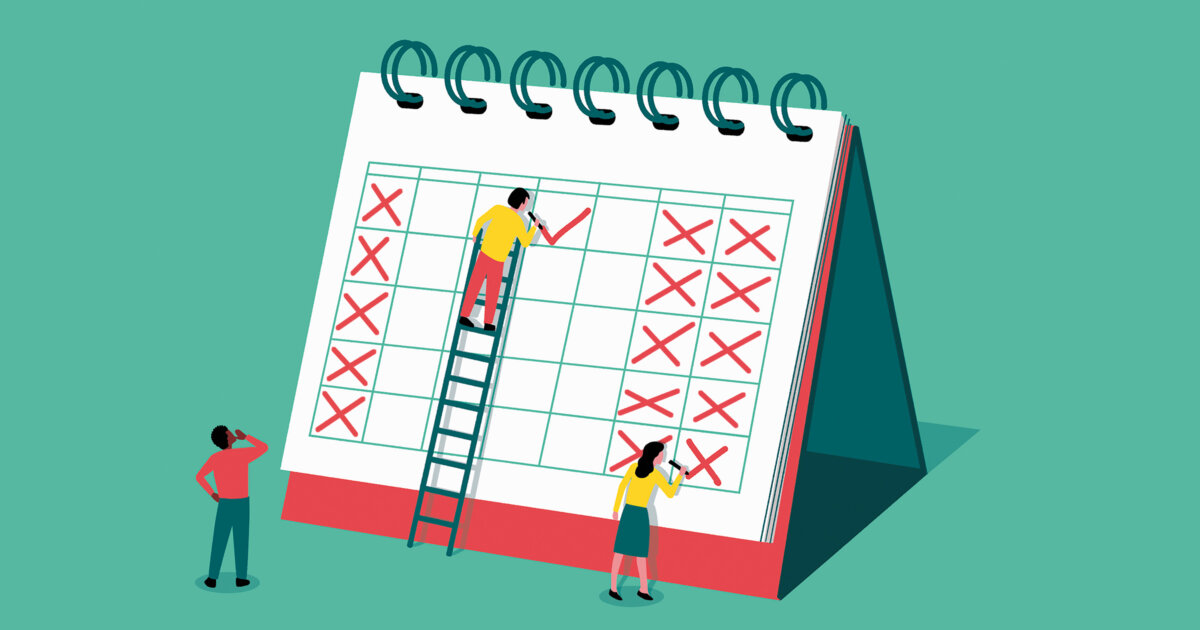




























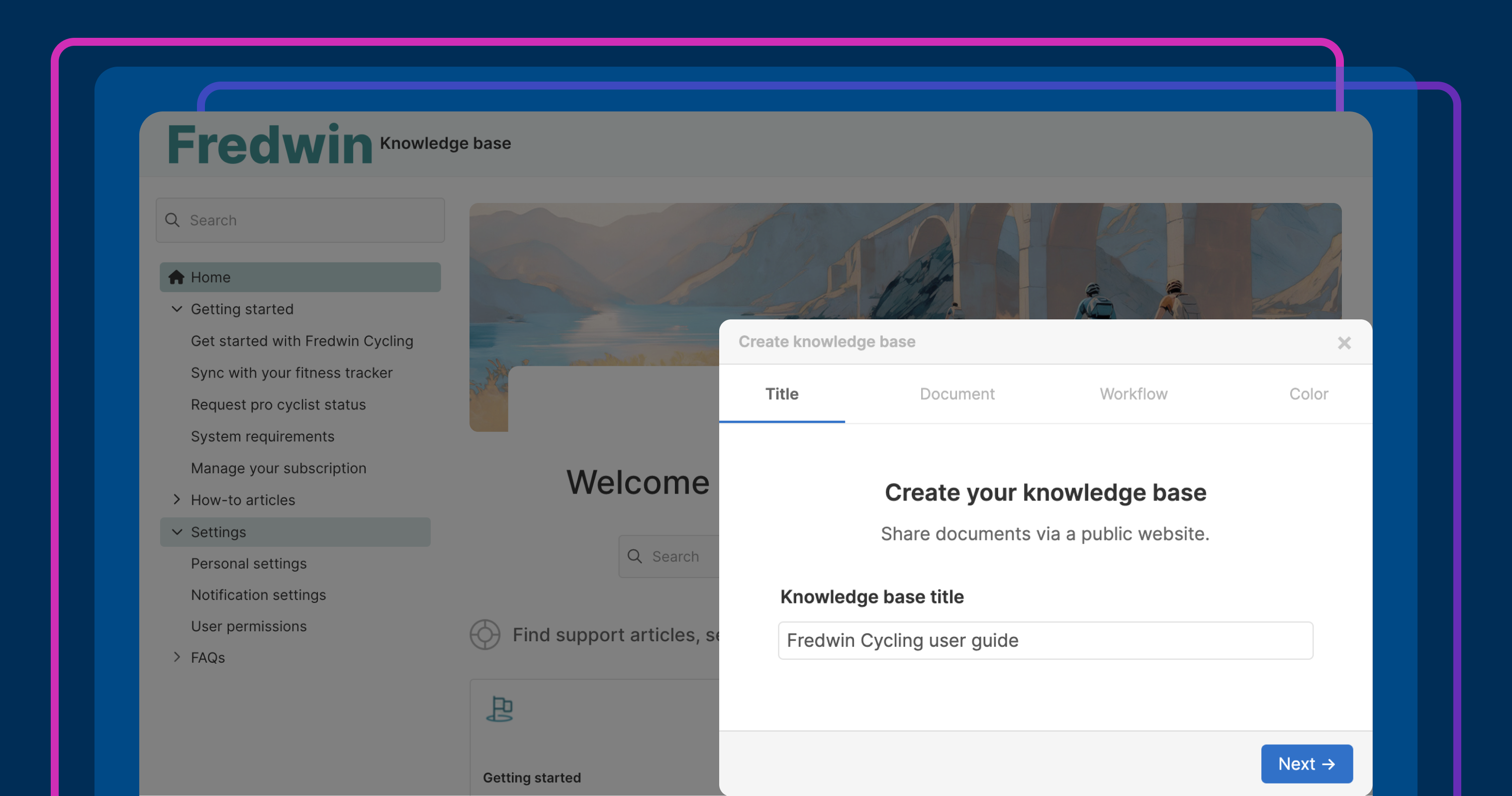

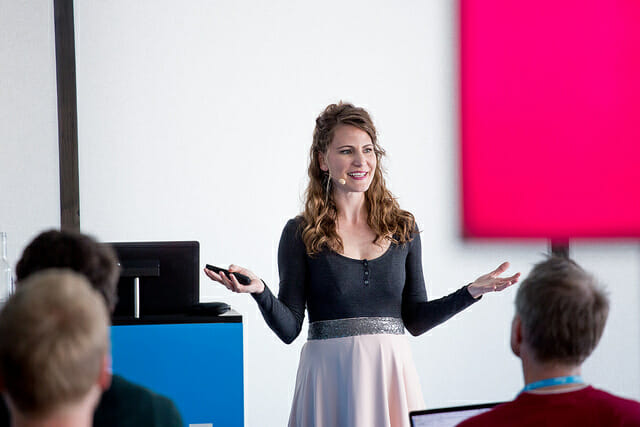
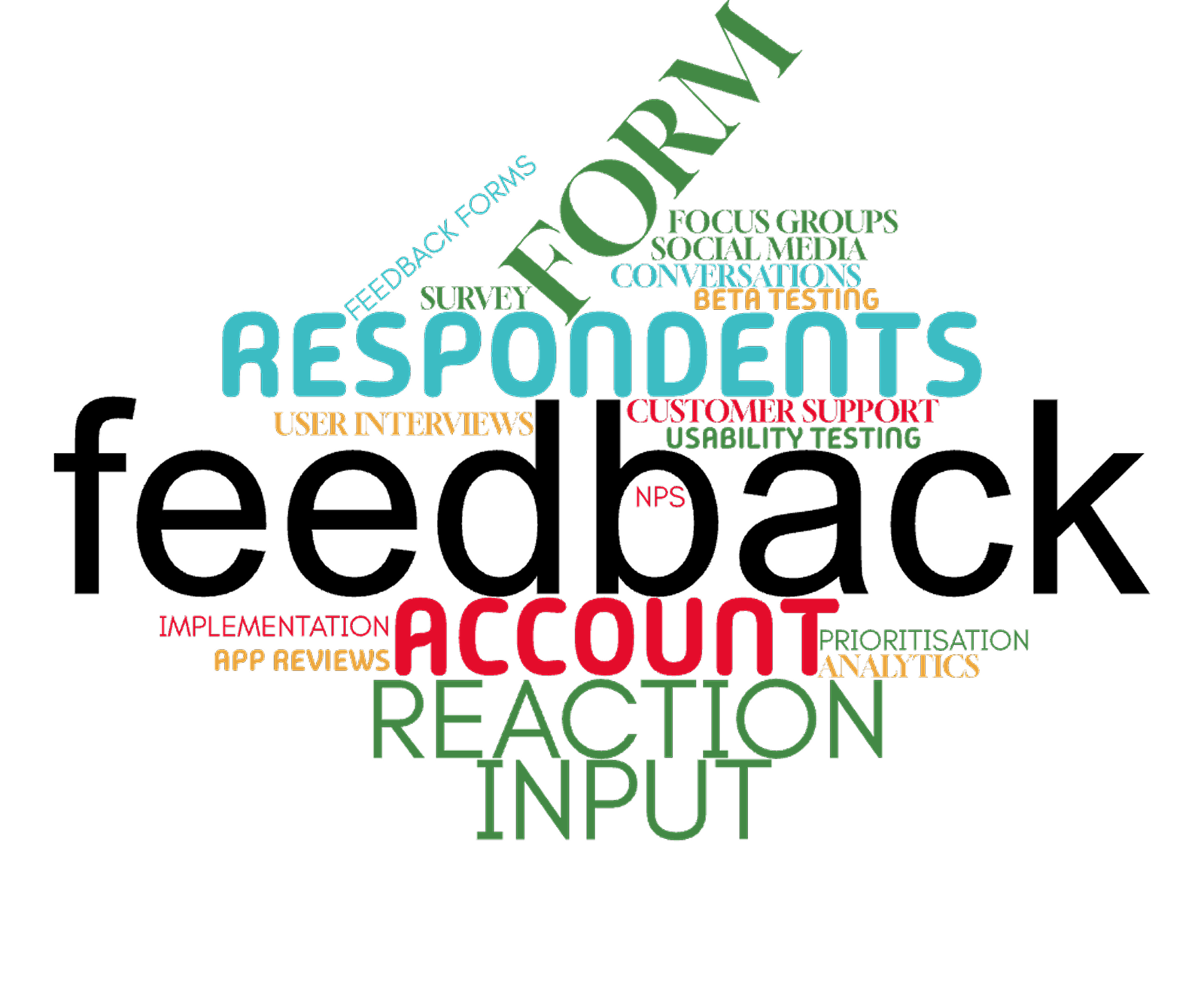
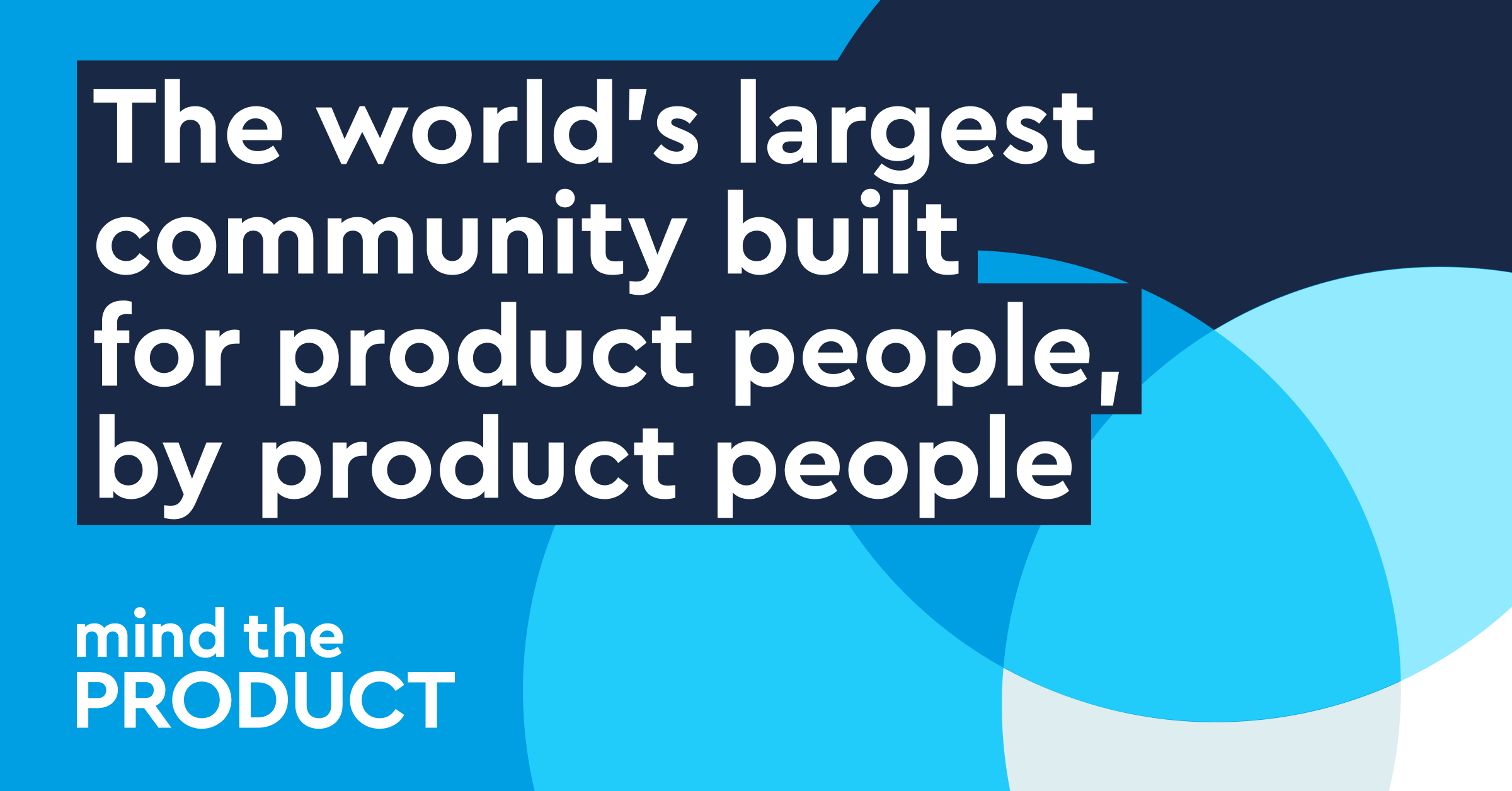
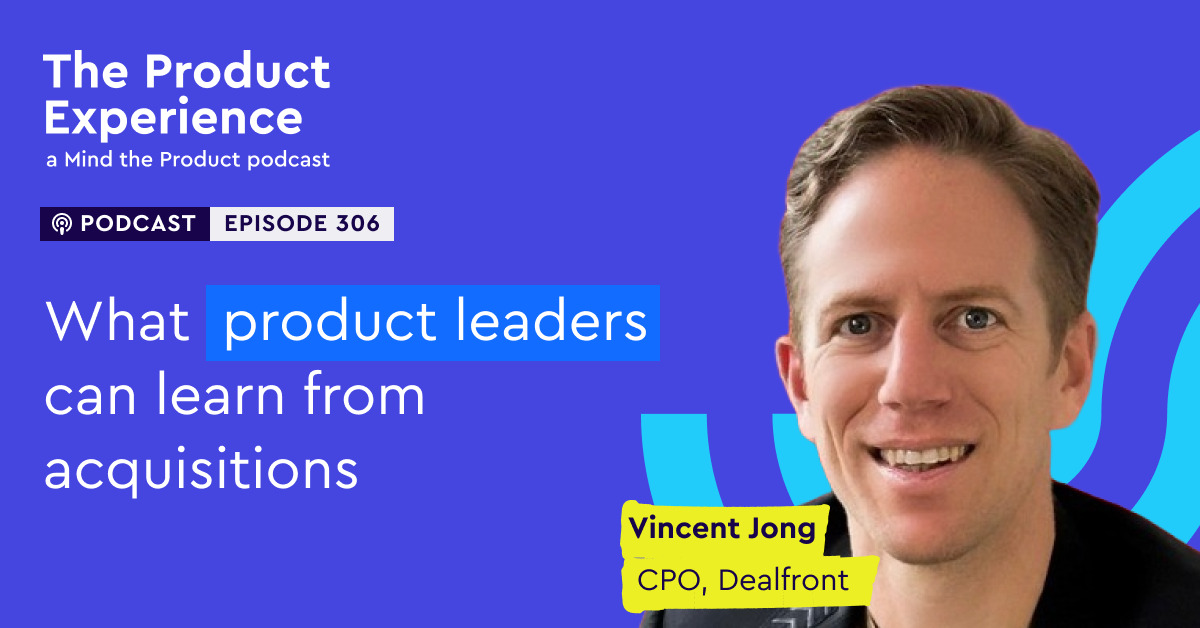



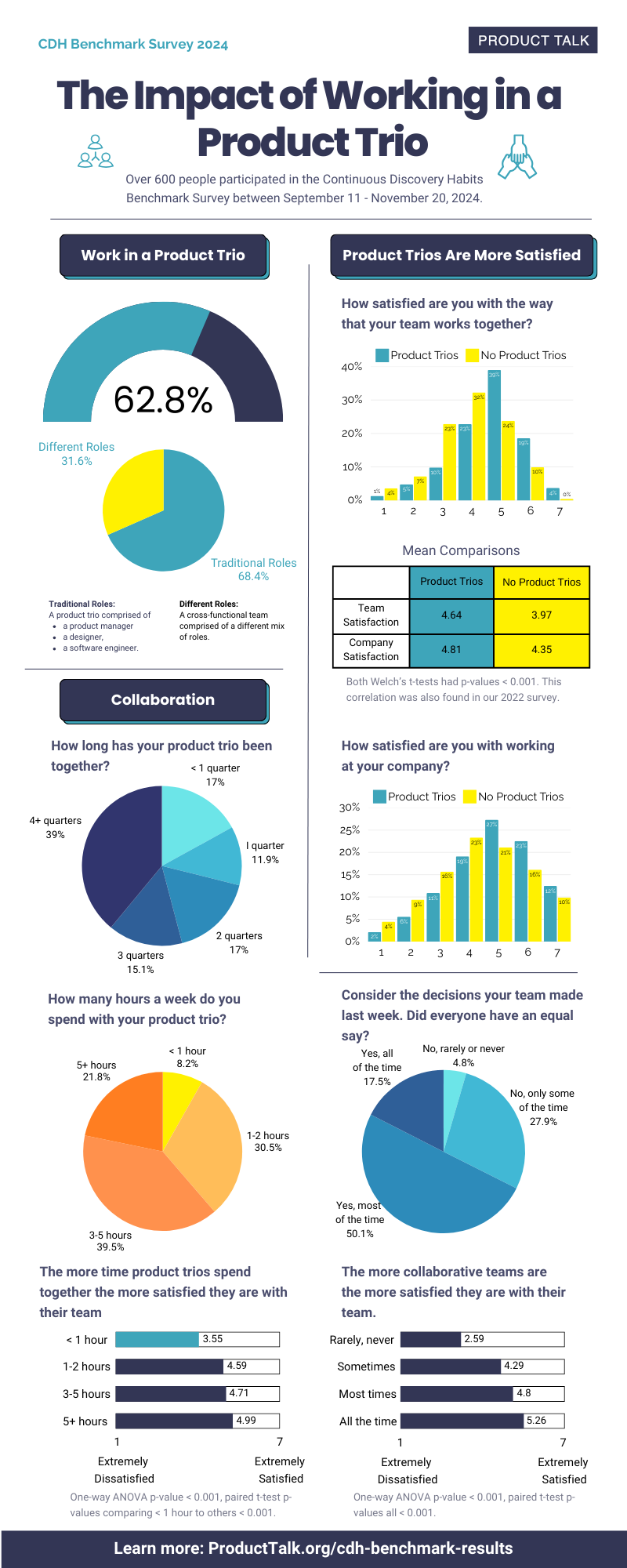











![How One Brand Solved the Marketing Attribution Puzzle [Video]](https://contentmarketinginstitute.com/wp-content/uploads/2025/03/marketing-attribution-model-600x338.png?#)

![Building A Digital PR Strategy: 10 Essential Steps for Beginners [With Examples]](https://buzzsumo.com/wp-content/uploads/2023/09/Building-A-Digital-PR-Strategy-10-Essential-Steps-for-Beginners-With-Examples-bblog-masthead.jpg)









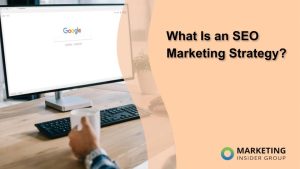

![How to Use GA4 to Track Social Media Traffic: 6 Questions, Answers and Insights [VIDEO]](https://www.orbitmedia.com/wp-content/uploads/2023/06/ab-testing.png)




![[HYBRID] ?? Graphic Designer](https://a5.behance.net/cbf14bc4db9a71317196ed0ed346987c1adde3bb/img/site/generic-share.png)


